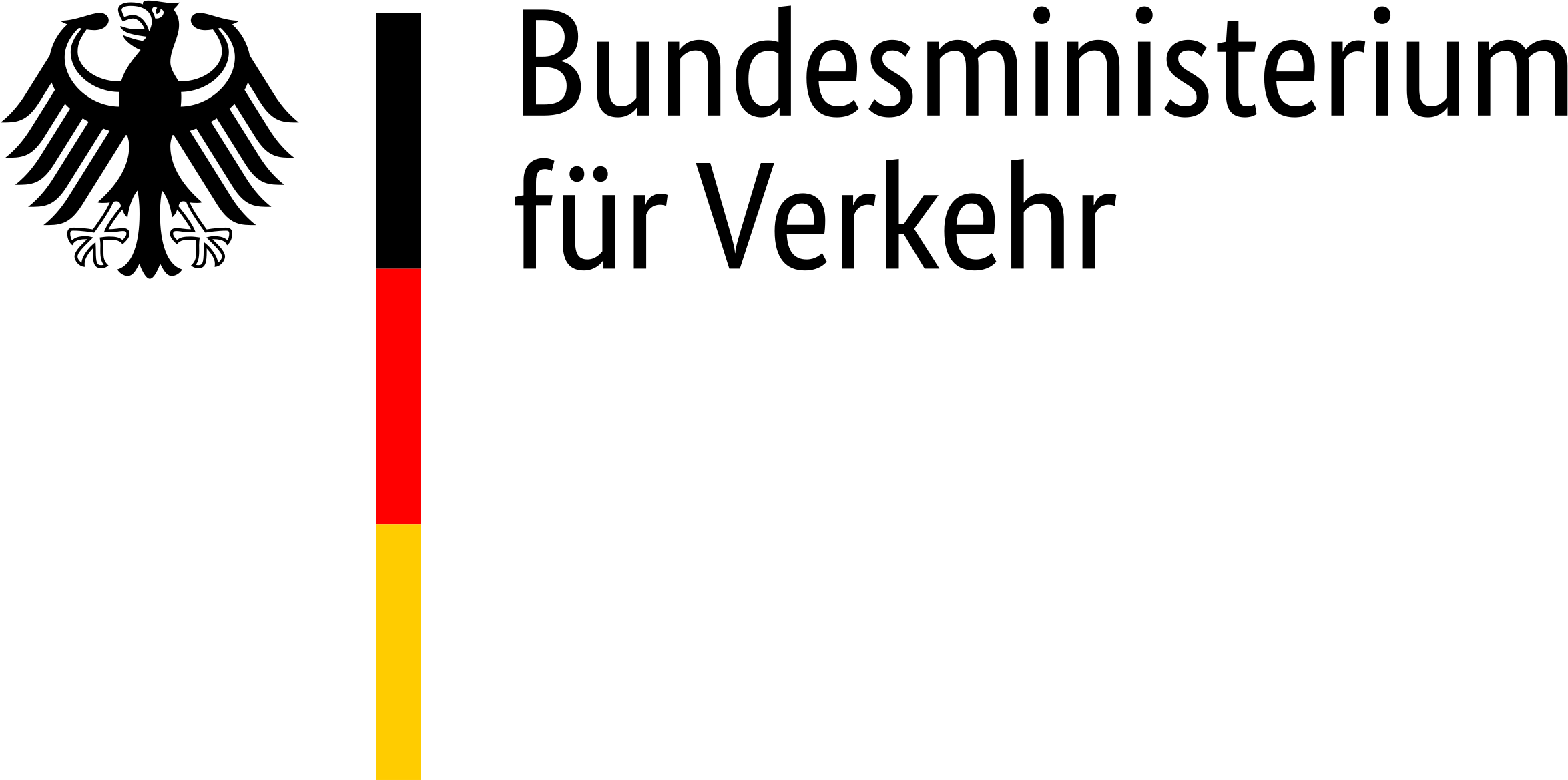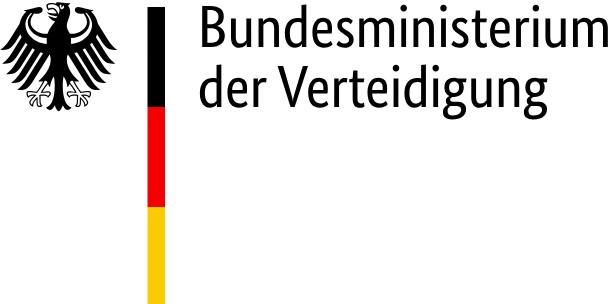Building Information Modeling in short
Building Information Modeling (BIM) is a set of technologies, processes and policies that empowers a diverse group of stakeholders to collaboratively design, construct and manage a facility within a virtual environment. The BIM methodology seamlessly interlinks all phases of a building’s lifecycle - from initial planning and construction to ongoing management - ensuring a cohesive and efficient progression. By leveraging BIM, stakeholders can plan and utilize resources with greater precision, pre-empt construction challenges, and facilitate project coordination. This approach not only streamlines the sharing of information but also optimizes its use across the entire lifecycle of a building. Moreover, BIM represents a step towards greater sustainability in the construction industry, offering a significant contribution to the attainment of environmental objectives and climate benchmarks.
The BIM Deutschland initiative
In Germany, the construction sector is undergoing a transformative digital evolution, with several government initiatives playing a pivotal role in this advancement. Notably, the development of phased plans and strategic frameworks for federal construction projects has been instrumental in guiding and supporting the industry. As the adoption of digital models necessitates the mastery of new IT methodologies and the acquisition of appropriate software and hardware, these measures are critical.
Following the initial preparatory and pilot stages, the mandate for BIM has been firmly established for federal infrastructure projects and the construction of federal buildings. From the 1st of January 2021, BIM has become a compulsory requirement for public procurement processes.
To facilitate this digital transformation within the sectors of infrastructure and construction, the German Federal Government has launched BIM Deutschland. This initiative is at the forefront of championing BIM usage across both public and private sectors, offering a broad spectrum of supportive actions. As the national hub for the digitalization of construction, BIM Deutschland plays a key role in educating, advising, and networking industry stakeholders, fostering enhanced communication and a shared understanding among all parties in the value chain.
BIM Deutschland receives its financial and administrative backing from three federal ministries: the Federal Ministry of Transport (BMV), the Federal Ministry of Housing, Urban Development and Construction (BMWSB), and the Federal Ministry of Defense (BMVg). The initiative is further supported by the advisory council “BIM Deutschland Beirat”, which consists of representatives from both private and public sectors. This council provides expert guidance on technical matters to the ministries involved, ensuring that BIM Deutschland remains aligned with the industry’s evolving needs.
The BIM-Portal: effectively designing building models
In 2022, the BIM-Portal was launched to enhance communication and foster collaboration among stakeholders. This platform offers an extensive repository of resources at no cost to the users, including data libraries and sophisticated web-based tools. It empowers public clients to articulate their information requirements with unprecedented clarity. Utilizing digital templates, clients can precisely dictate the necessary data deliverables and their scope, as well as establish precise standards for service phase information requirements.
The portal’s innovative tools enable stakeholders to verify the accuracy of information throughout the planning and construction phases. By leveraging modular design, the BIM-Portal assigns specific tasks to respective stakeholders, facilitating a systematic and supportive process from the generation of tender documents to the delivery of comprehensive digital models.
As a centralized hub, the BIM-Portal is instrumental in uniting all stakeholders, providing a collaborative workspace that enhances efficiency and synergy throughout the project’s lifecycle, from inception to fruition.
Open BIM approach
Digital construction planning has become a mainstay in the industry, yet the landscape remains fragmented with companies and institutions employing a myriad of software and systems that frequently lack interoperability. To address this challenge, BIM Deutschland champions the open BIM approach, advocating for the design, construction, and management of buildings based on open standards.
This approach is pivotal in ensuring longevity of open data formats (such as the Industry Foundation Classes (IFC)) and the integrity of data transfer, which are essential for safeguarding Germany's competitive edge in the field. The sustained success of the country’s construction sector hinges on the standardized and open application of BIM.




